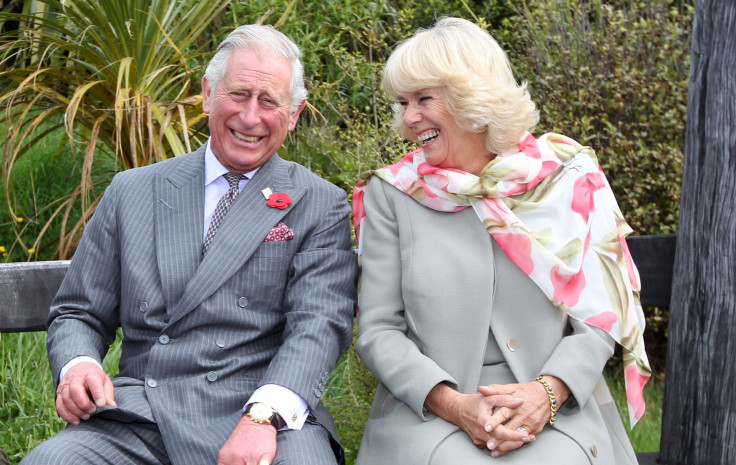Should Prince Charles Be The Next King? Adultery, Divorce And Remarriage Present Complications For Next Monarch

The succession of the throne in Britain may be meticulously planned, but when Queen Elizabeth II does eventually pass on the crown to Prince Charles, it will be a process that is far from devoid of complications.
The prince, who has been first in line to the throne for longer than any person in British history, will not only be the head of the United Kingdom, and likely the Commonwealth, but also of the Church of England. It is that title that is sure to bring up much painful and controversial history for the 68-year-old.
A recent illness that has kept Britain’s queen away from multiple high-profile public engagements over Christmas has many considering the monarchy’s future beyond the country’s longest-serving ruler. While there has been speculation that Charles could abdicate and immediately pass on the responsibility to his eldest child, Prince William, that is considered highly unlikely. Indeed, Charles’ popularity has been revived in recent years.
Still, his ascension to the throne is sure to bring up some ghosts he would rather leave in the closet. As king, Charles would be “Defender of the Faith,” according to parliament decree. And in some ways, he could be seen as the perfect person to fill such a role given the history he shares with the Church of England.
It was, after all, King Henry VIII’s failure to be granted an annulment of his marriage to his first wife, Catherine of Aragon, by the Pope in the 1530s that led to the Church of England becoming the established church in England and splitting with the Roman Catholic Church.
Charles, too, has gone through a divorce, having split from the much-loved Princess Diana 20 years ago. Despite its history, the Church of England does not encourage divorce and teaches that marriage is for life.
But Charles’ complications extend far beyond simple divorce.
He has also not only gone on to marry, but to marry a divorcee. While remarrying, as Henry VIII did, is permissible in the church if the couple’s former spouses are deceased, it is far less clear when a former spouse is still living. That was the case with Camilla Parker Bowles, who divorced from her first husband in 1995.
It was a situation that forced King Edward VIII to abdicate, the only British sovereign to do so voluntarily, less than a year into his reign in 1936 so that he could marry American divorcee Wallis Simpson.
Fortunately for Charles, the Church of England altered its stance in 2002, decreeing that in “certain circumstances” a divorced person may marry again during the lifetime of a former spouse.
Still, when Prince Charles came to marry Camilla in 2005, he did so in a civil ceremony rather than a church. That's because not only was he marrying a divorcee, but he was marrying a divorcee with whom he had committed adultery.
In a 1994 interview, Charles admitted to infidelity during his marriage with Diana, saying he was faithful “until it became irretrievably broken down.”
A year later, Diana gave her own hugely publicized interview in which, when asked if Camilla was a factor in the breakdown of the marriage she said “there were three of us in this marriage, so it was a bit crowded.”
The public agreed. Even 10 years after the interview, shortly before Charles and Camilla were due to wed, one poll indicated that 65 percent of Britons blamed Camilla for the break-up of Charles and Diana’s marriage.
Some members of the General Synod, the legislative body of the Church of England, wanted both Charles and Camilla to apologize publicly for their infidelity before being allowed to remarry.
“How could he possibly say the coronation oath promising to uphold the teachings of the Church of England? How could he say that with credibility in view of his own circumstances?" asked the Rev. Rod Thomas in 2005.
Concessions had to be made. Instead of taking place at lavish Windsor Castle, the wedding was a small civil ceremony. And it was stated before the ceremony that Camilla would not take the title of queen when Charles took the throne.
Yet, while many now support him becoming king, for some, he will be an uncomfortable “Defender of the Faith.”
© Copyright IBTimes 2024. All rights reserved.











